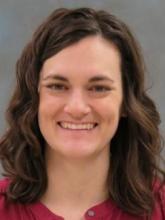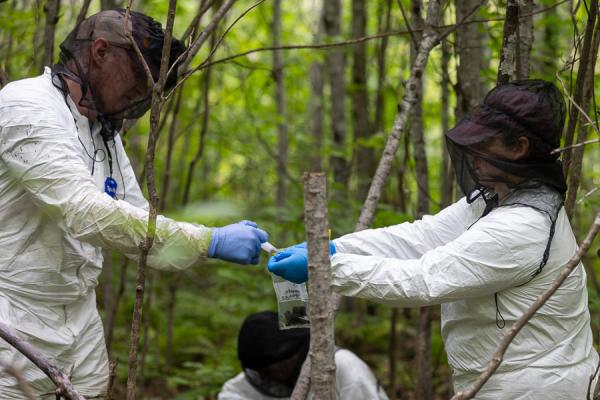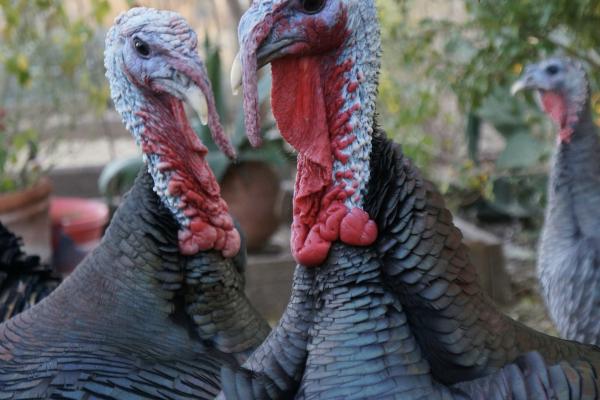Congratulations to VBS trainees and graduate students!
February 24, 2023

In addition to the VBS faculty and staff, VBS trainees and students also are working hard to advance their learning and training. The VBS Department would like to offer a special congratulations for the recent awards and accomplishments of VBS graduate students and the postdoctoral associate listed below.

Ellie Bohm, CMB graduate student working in the laboratory of Associate Professor Matt Aliota, was selected as a trainee for the UMN Institute for Molecular Training Program (IMVTP T32). The IMVTP is a pre-doctoral training fellowship competition in the Institute for Molecular Virology Training Program (IMVTP) which is supported from NIH T32 AI83196. The overarching research theme of the IMVTP is virus-host cell interactions, which encompasses 1) mechanisms of viral replication, restriction and immune interactions, and 2) viral molecular pathogenesis.

Lexi Frank, graduate student working in the laboratory of Assistant Professor Peter Larsen was awarded the American Society of Mammalogists travel award, a competitive travel grant to attend the annual American Society of Mammalogists meeting in Anchorage, Alaska. She will present her research on rapid non-invasive molecular barcoding of mammalian species.

Natalie Kirk, DVM, and CMB graduate student working in the laboratory of Professors Yuying Liang and Hinh Ly, has been reappointed by the NIH T32 Comparative Medicine and Pathology Training program for a third year of training. The intent of this T32 pre- and postdoctoral training program, which is closely associated with the College of Veterinary Medicine, is to train PhD students in the Comparative and Molecular Biosciences (CMB) graduate program, which is a well-organized, multidisciplinary graduate program that focuses graduate education efforts on comparative biomedical sciences and the molecular mechanisms responsible for human and animal health and disease. The goal of the CMB graduate program is to provide students with the broad-based knowledge, quality communication skills, and advanced research training essential for a career as an independent investigator.

Manci Li, CMB graduate student working in the laboratory of Assistant Professor Peter Larsen, has been awarded a competitive Keystone Symposia scholarship to assist with her travel to the upcoming 'Molecular Basis of Healthy Aging' conference in Breckenridge, CO. The award is made possible through the National Institute of Aging. Manci will present a poster titled "The expression of Alzheimer's disease-related neuropeptides declines in the human hippocampus during natural aging."

Hannah Murphy, CMB graduate student working in the laboratory of VBS Professor's Yuying Liang and Hinh Ly, was reappointed a pre-doctoral Institute for Molecular Virology T32 training grant for a 2nd year. Also, Natalie's T32 training was reappointed for the 3rd time earlier this year. This T32 predoctoral training program, which is closely associated with the University of Minnesota Institute for Molecular Virology (IMV), is designed to prepare predoctoral trainees for a successful career in virology. The overarching research theme of the IMV T32 Training Program (IMVTP) is virus-host cell interactions, which encompasses 1) mechanisms of viral replication, restriction and immune interactions, and 2) viral molecular pathogenesis. The training fellowship will be for a period of one year. Based upon satisfactory progress, students may be eligible for annual renewal for up to 2 years.

Widaliz Vega Rodriguez, Postdoctoral Associate working in the laboratory of VBS Professor's Yuying Liang and Hinh Ly, was reappointed a postdoctoral T32 fellowships for a 2nd year. This T32 postdoctoral training program, which is closely associated with the University of Minnesota adult Infectious Diseases fellowship program, is designed to prepare MD, MD/PhD, and other post- doctoral trainees for successful careers as clinical, epidemiological, and translational investigators in Infectious Diseases, with a focus on emerging / reemerging infections and global health. The program has 5 post-doctoral slots per year and accepts 2 new trainees annually.


